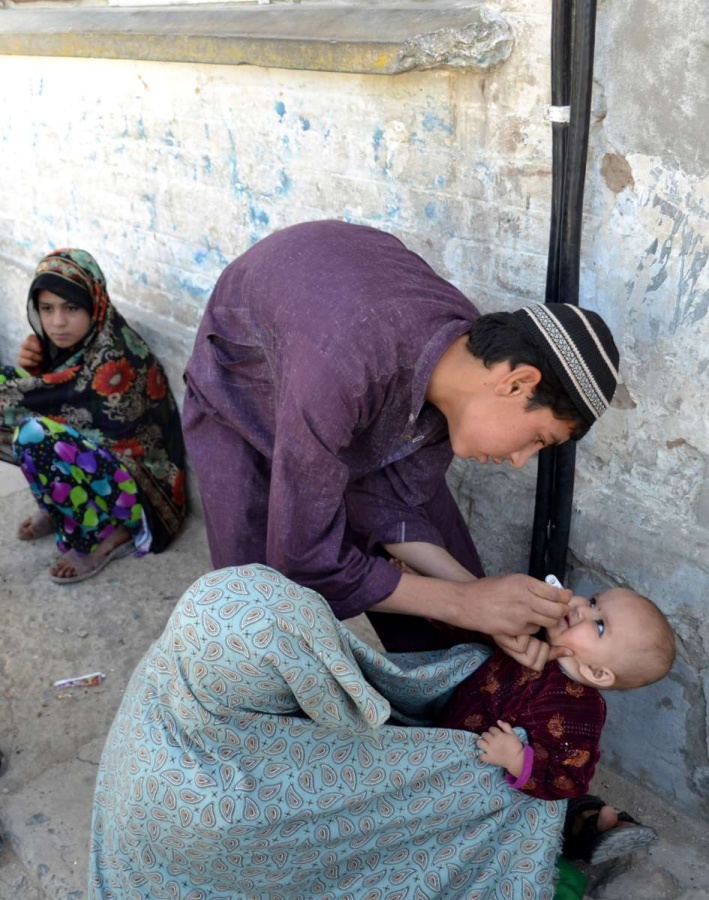Amnesty condemned the recent police killings of two individuals accused of blasphemy in separate incidents within a week…reports Asian Lite News
Amnesty International, an International human rights watchdog, has raised serious concerns about the ongoing extrajudicial killings of individuals accused of blasphemy in Pakistan, calling out the government for failing to protect basic human rights, including the right to life and freedom of religion.
In a statement on X, Amnesty condemned the recent police killings of two individuals accused of blasphemy in separate incidents within a week.
On September 19, a doctor accused of blasphemy was gunned down by police officers in what authorities termed a ‘police encounter’ in Umarkot, Sindh.
This incident followed the September 12 killing of a blasphemy suspect by a police officer while in custody in Quetta, Balochistan. Amnesty has criticized the Pakistani authorities for evading accountability in these cases, particularly pointing to how the family of the victim in Quetta was allegedly pressured to forgive the police officer under the country’s laws, which allow heirs to pardon murderers of the blasphemy victims.
This latest spate of violence underscores a troubling pattern of impunity for those involved in blasphemy-related killings.
Since May 2024, four individuals accused of blasphemy have been lynched by mobs in different parts of Pakistan, including Sargodha of Punjab province, Swat of Khyber Pakhtunkhwa, Quetta of Balochistan, and Mirpurkhas of Sindh province in Pakistan.
Amnesty International called for an impartial and independent investigation into these incidents, urging Pakistani authorities to prosecute those responsible through fair and transparent trials. The organization also reiterated its demand for the repeal of Pakistan’s controversial blasphemy laws, which it argues have long been used to justify violence and perpetuate discrimination against religious minorities in Pakistan.
Pakistan’s blasphemy laws have frequently been criticized by international human rights organizations for being overly broad and misused, often leading to mob violence and extrajudicial killings. Despite these growing concerns, the Pakistani government has yet to take meaningful steps toward reforming or repealing these laws, which many see as tools for oppression rather than justice.
As calls for justice grow louder, Amnesty’s statement shines a harsh light on Pakistan’s deteriorating human rights record and the government’s failure to protect vulnerable communities from violence. The international community continues to pressure the authorities to not only bring those responsible for these killings to justice but also to address the root cause by dismantling the blasphemy laws that have led to countless lives being lost. (ANI)
ALSO READ: Sri Lanka reports over 38,000 dengue cases in 2024














